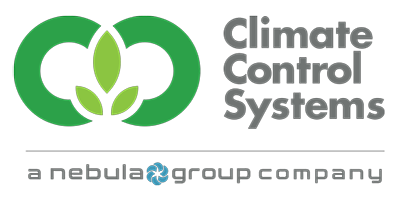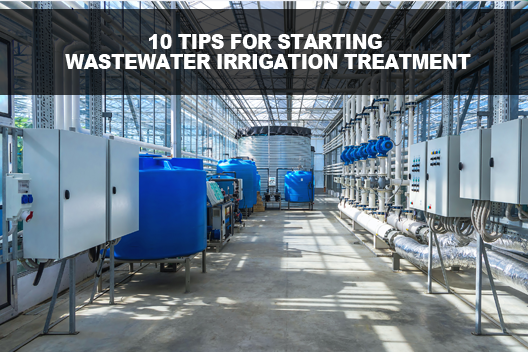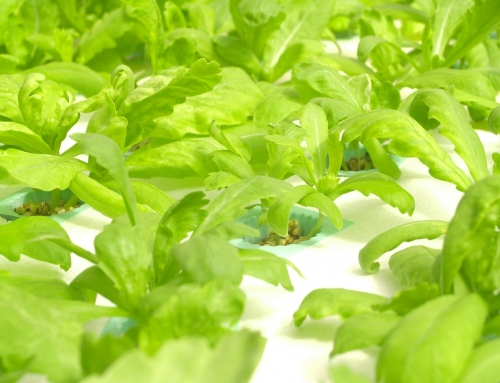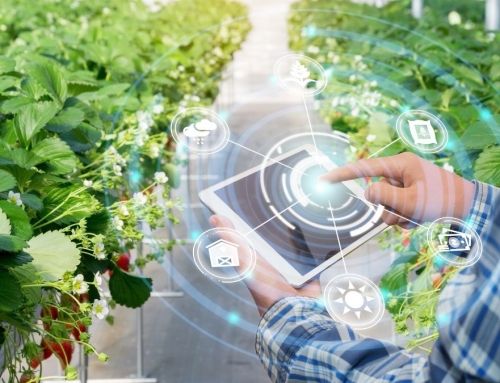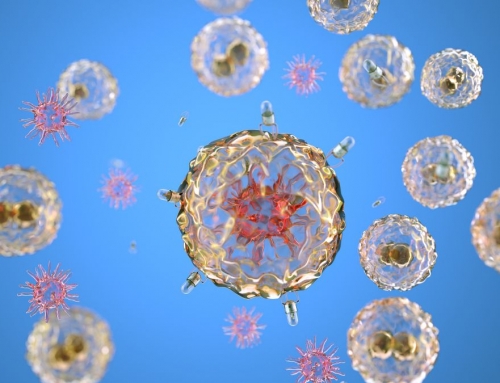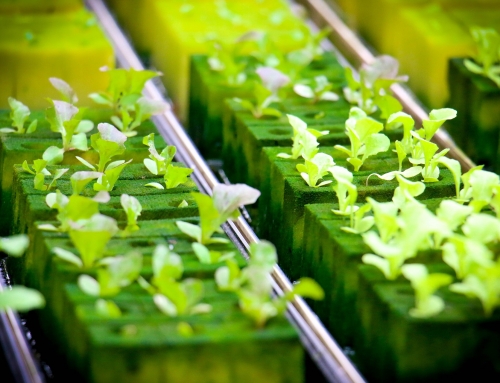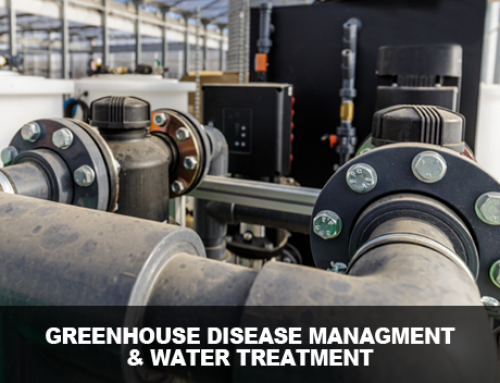Wastewater irrigation treatment for greenhouse growers is an excellent way of recycling reclaimed water from your agricultural crops. There are many benefits of recycling your wastewater direct on location for better quality control. Wastewater contains nutrients naturally as well as fertilizers that are injected into the water line. However the main thing we are trying to protect growers from here is pathogens, bacteria or other water borne diseases. A good system will take care of water maintenance for you, so you can focus on the business.
Depending on your rate of irrigation, a wastewater treatment solution can have great impact. However, many farmers get a little confused about how and where to get started with wastewater irrigation treatment and recycling. How to get the best results to ensure you have the best quality water, during crop season and the environmental impacts.
Today, we have a list of 10 helpful tips that will help you along the process.
10 Tips for Wastewater Irrigation Treatment
Recycling greenhouse wastewater has become a trend across the cannabis industry, and especially for new growers. They are becoming increasingly more conscious of the potential impact of water waste and expenses. An essential part of this process is the constant use of Municipal water for irrigation. So, from a cost savings perspective, it only make sense installing and using a closed-loop wastewater treatment system.
1) Take the Early Adopter Mindset.
There’s no guarantee when your local Government might adopt new regulations regarding rules that will force growers to meet their environmental standards. Meanwhile, it may be a good idea to implement your own wastewater treatment system and take advantage of some flexibility that is available now. You will have the chance to install the right water treatment system and customize it according to your needs and get a better crop yield.
2) Leave Space for Future Changes.
There are many reasons for you to expect changes. For one, you may expand or change your production methods, automation systems, crops, etc. The Government or the Ministry of Environment may implement new rules and regulations that you will have to adhere to. So, there are chances that your water management system will become outdated within 20 years. So, it is better to think of the future and leave room for change. The best way to do that, is adapt modular systems that can grow with you through time.
3) Understand Your Greenhouse Irrigation Needs.
There are many factors while choosing the right wastewater management system. The size of your operations, the plants you grow, the topography of your location, the type of water you are handling, etc., are all extremely important. Accordingly, you need greenhouse water treatment and recycling system that uses UV light, or ozone gas, etc. There’s no one-size-fits-all water management system. In most cases UV light can not keep up with large water flow rates, and you will have to keep up with bulb replacement. Ozone on the other hand is truly a industrial solution (often used in Municipal wastewater treatment plants) and has the added benefit of adding oxygen to your water. When ozone breaks down, and kills bacteria, it produces oxygen as a natural by product after loosing one of its molecules.
4) Learning and Investing in Yourself
The more you learn about irrigation water recycling and treatment, the better it will be for you to understand how to reuse and get the best out of already applied wastewater. There are many books, websites, study papers, etc., available, of course. But you also need to contact other farmers or Climate Control directly… who will be able to offer better advice as they have first-hand experience of handling wastewater management for food crops.
5) Do Not Skip the Disinfection Process.
Before recycling already used irrigation water, you must ensure that it is properly treated and disinfected. Otherwise, in an attempt to save water bills and save the environment, you can end up harming your crops. It is essential to implement a proper disinfection system that can keep your crops healthy and remove pathogens out of irrigation line for fresh water every time.
6) Set Aside Funds for Regular Maintenance.
Setting up an irrigation water treatment system for recycling water comes at a price, of course. But be prepared to give your system regular maintenance. This will ensure that that it lasts for a long time. For that, you need to allocate some funds so that the smaller problems don’t pile up to create a big problem. Usually minimal repairs are needed, replacing a pump gasket for instance. With the help of regular maintenance, you will end up saving more money than losing it in the long run.
7) Seek Help from the Government.
Very often, the Government might have financial programs to help farmers set up water treatment and recycling systems. This is a part of their funds for resource conservation and management. Such federal programs can be of great assistance to growers, especially private landowners, as they may also have the opportunity to opt for assistance. This will help in saving energy and water, improving soil, etc.
8) Don’t Expect the Same Results as Others.
The benefits of water recycling and treatment systems are many, but they are difficult to measure. There’s no fixed formula as to how the combination of the right steps will work for your farm. That’s because every farmer’s needs and current conditions are different. You also cannot expect a change in your crop yield overnight. So, have realistic expectations and don’t expect to see an instant change.
9) Consider Using a Filtration System Along with Purification
To enhance the effects of your wastewater management system, it is a good idea to make use of large reservoirs. These are helpful both before and after disinfection. This is where the water will be allowed to stand in order to allow sedimentation and, which is a natural method of filtration. It allows large chunks of contaminants to sink to the reservoir’s bottom. It also enables water treatment to dwell for a longer time.
10) Choose a Reliable Water Treatment System.
To ensure that your water management system performs well, you need to consider the right seller and the right system. From disinfecting used water with the help of a proper water treatment system to automating the management of your irrigation system or recycling used water – everything needs a reliable system that’s preferably customized for you by an expert in water treatment plant systems.
Contact Climate Control Systems Inc.
If you are looking for the right ozone water treatment systems and automated fertigation Systems, Have a look at our Ozone Pro System to download a brochure, then Contact Us to get a project estimate to implement a greenhouse water recycling system for greater peace of mind.
